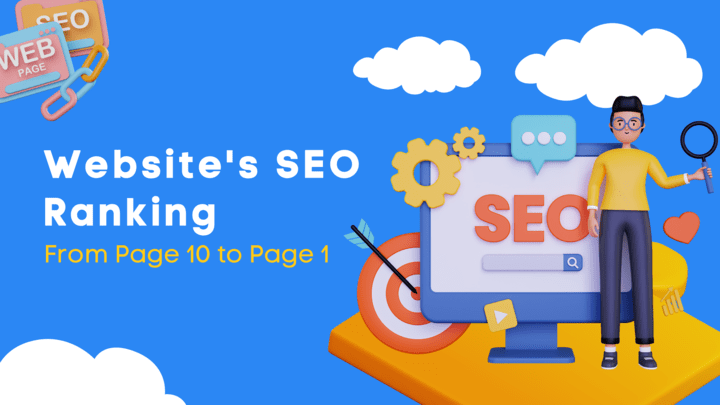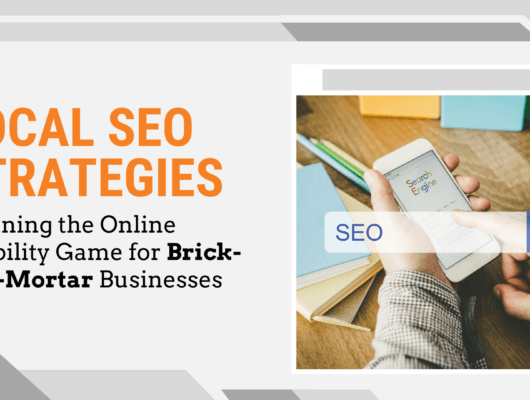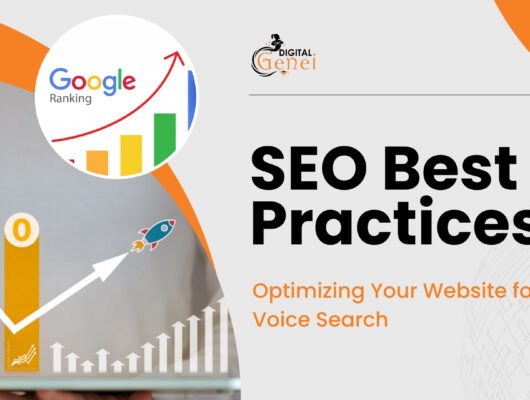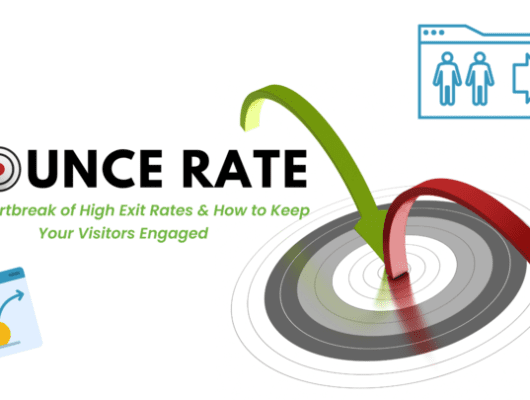Do you know where your website ranks in search engine results?
If you find your website buried on page 10 or beyond, it’s time to take action and propel it to the top. Achieving a higher SEO ranking is crucial for driving organic traffic and increasing your online visibility. In this article, we will explore valuable tips and tricks to help you elevate your website from obscurity to prominence in search engine results.
Understanding the Importance of SEO Ranking
SEO is not something you do anymore. It's what happens when you do everything else right.
Search Engine Optimization (SEO) is the process of optimizing your website to enhance its visibility in search engine results. When users search for specific keywords related to your business or content, a higher SEO ranking increases the likelihood that your website will appear on the first page of results. This is crucial because most users rarely venture beyond the first page, and the majority of clicks go to the top-ranked websites.
The Road to the Top: Tips and Tricks for Improved SEO Ranking
Conduct Keyword Research:
Good SEO work only gets better over time.
Keyword research is the foundation of any successful SEO strategy. Identify relevant keywords and phrases that align with your content and have significant search volume. Utilize keyword research tools like Google Keyword Planner, SEMrush, or Ahrefs to discover valuable keywords that will attract your target audience.
Create High-Quality Content:
Content is the reason search began in the first place.
Search engines prioritize high-quality and relevant content that caters to user intent. Craft engaging, informative, and well-structured content that addresses the needs of your audience. Content that provides value and answers users’ questions is more likely to earn backlinks and social shares, which can boost your SEO ranking.
Optimize On-Page Elements:
The best place to hide a dead body is the second page of Google search.
Optimize your website’s on-page elements, including title tags, meta descriptions, heading tags (H1, H2, etc.), and URLs. Incorporate your target keywords naturally into these elements to improve your website’s relevancy in search results.
Improve Website Loading Speed:
Website speed is often confused with website load time. Website speed is a metric used to measure the time it takes for the content on a website's page to fully load.
Website loading speed is a critical factor in SEO ranking. Users expect fast-loading pages, and search engines favor websites that provide a seamless user experience. Minimize image sizes, enable browser caching, and use a content delivery network (CDN) to enhance your website’s loading speed.
Mobile-Friendly Design:
Your mobile strategy doesn't start with a mobile device; it starts with your content.
With the majority of internet users accessing the web through mobile devices, having a mobile-friendly website is no longer an option but a necessity. Google considers mobile-friendliness as a ranking factor, so ensure your website is responsive and adapts to various screen sizes.
Earn High-Quality Backlinks:
The objective is not to 'make your links appear natural; the objective is that your links are natural.
Backlinks from reputable and authoritative websites signal to search engines that your content is valuable and trustworthy. Focus on creating outstanding content that naturally attracts backlinks from other relevant websites in your niche.
Use Internal Linking:
Internal links are the silent killer of your SEO efforts.
Internal linking helps search engines understand the structure and hierarchy of your website’s content. It also facilitates user navigation and encourages visitors to explore more pages on your website. Strategically link relevant pages within your site using descriptive anchor text.
Leverage Social Media:
Focus on how to be social, not on how to do social.
Social media platforms can play a significant role in driving traffic and improving SEO ranking. Engage with your audience, share your content, and encourage social sharing to increase your content’s visibility and potential for backlinks.
Monitor and Analyze Performance:
Without data, you're just another person with an opinion.
Use web analytics tools like Google Analytics to monitor your website’s performance. Track important metrics such as organic traffic, bounce rate, and conversion rate. Analyzing data helps you identify areas for improvement and measure the success of your SEO efforts.
Stay Updated with SEO Trends:
SEO is an ever-changing process.
Search engine algorithms evolve constantly, and new SEO trends emerge regularly. Stay updated with the latest industry developments, algorithm updates, and best practices to adapt your SEO strategy accordingly.
Conclusion
Improving your website’s SEO ranking is a journey that requires dedication, effort, and continuous learning. By implementing these tips and tricks, you can pave the way from page 10 to page 1, increasing your website’s visibility and attracting more organic traffic. Remember that SEO is an ongoing process, so stay committed to optimizing your website and providing valuable content to maintain your position at the top of search engine results.





